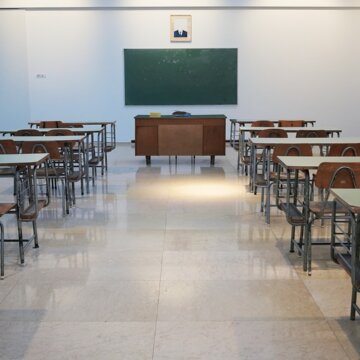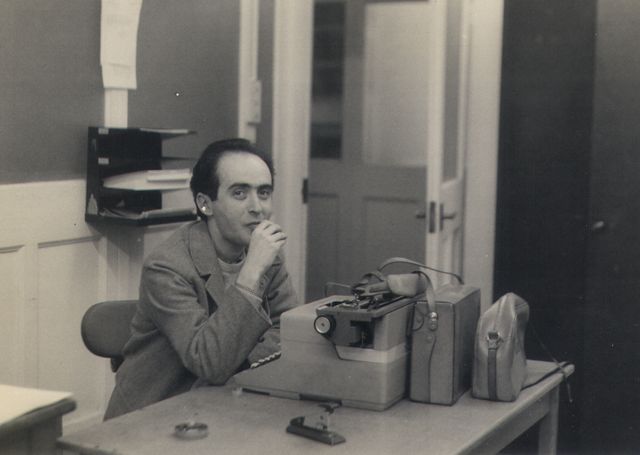- About
- Topics
- Picks
- Audio
- Story
- In-Depth
- Opinion
- News
- Donate
- Signup for our newsletterOur Editors' Best Picks.Send
Read, Debate: Engage.
| topic: | Good Governance |
|---|---|
| located: | Brazil |
| editor: | Ellen Nemitz |
On 21 November, more than 2 million students going on to pursue a university degree attended the first day of the Enem, the Brazilian national high school exam. However, these 2 million accounted for only 74 percent of registered students - the lowest number in over 15 years, mostly due to the education inequality exacerbated by the pandemic. Similarly to the previous years, the Bolsonaro administration has once again supposedly censored content considered to be ‘controversial’.
However, the topics that Bolsonaro wanted to interfere with are not controversial: he may have asked to change, for example, the word "coup" regarding the beginning of the 1964 to 1985 dictatorship to "revolution," but the understanding that military forces carried out a coup is not a matter of opinion, historians affirm.
Since 2019, issues referencing dictatorships do not appear on the exams, and there are records of other censored topics, most of which have been removed for alleged "unnecessary polemics" or "historical decontextualisation." This year, the Brazilian journalist Leonardo Sakamoto compared Bolsonaro's "crusade" to the dystopian creation of George Orwell in the book 1984: "He wants to control the present to control the past and control the past to control the future, as the creator of Big Brother wrote," the columnist said in a opinion piece. "No wonder that Bolsonaro has celebrated that the Enem test is getting 'the face of the government', that is, walking - in his opinion - to be an instrument of his culture war."
In the end, as El País reported, the exams turned out to be at least partially spared. Despite the absence of some topics, there were questions regarding other polemic issues - at least for this conservative administration - such as racism, indigenous peoples and the eroticisation of the women's body, besides one question about Friedrich Engels who, together with Karl Marx, wrote ‘The Communism Manifesto’.
What happened during this Enem is just a window of the threat that education in Brazil has been facing. A movement dubbed "Escola sem Partido" (School without party) has been trying to withdraw contents considered to be political from the basic education curriculum - such as communism. It turns out, however, that such topics are mostly historic facts and giving up on them can create an education that lacks fundamental knowledge.
This movement, to be fair, was not created by Bolsonaro, albeit he has been its greatest supporter over the past years. Recently, many bills have been presented in local legislative houses to formalise this education censorship - usually including some lines to forbid the teaching of gender and sexuality topics as well.
In the majority of the cases the Supreme Court has been able to stop its actual implementation. Nonetheless, this movement, strongly based on religion, has been able to slowly gain the support of part of the teachers and educators, as pointed out by some investigations, who are hesitant to teach sex education, for example, or to mention LGBTQ+ communities to their students.
Thus, some urgent and widespread measures must be taken to preserve integral education in Brazil, before a whole generation of students graduate without the necessary knowledge to be citizens and professionals that contribute to an inclusive and science-based society.
Image by: Ivan Aleksic

